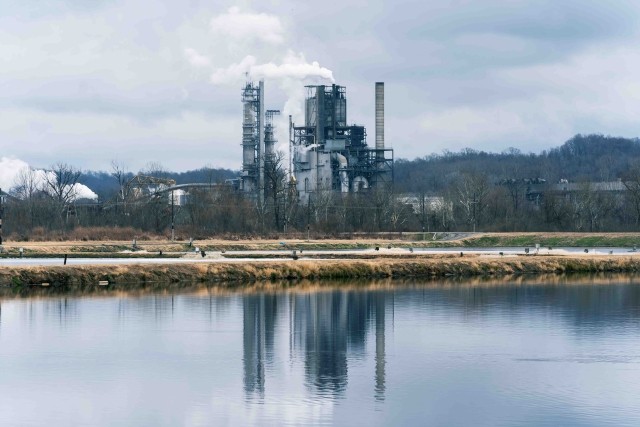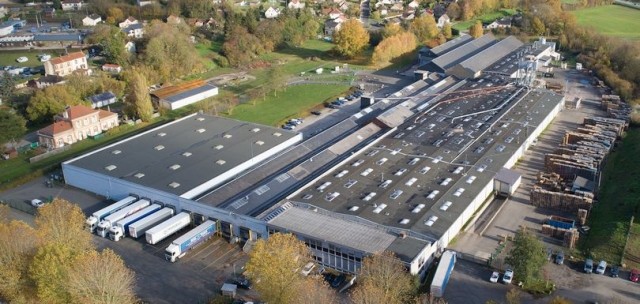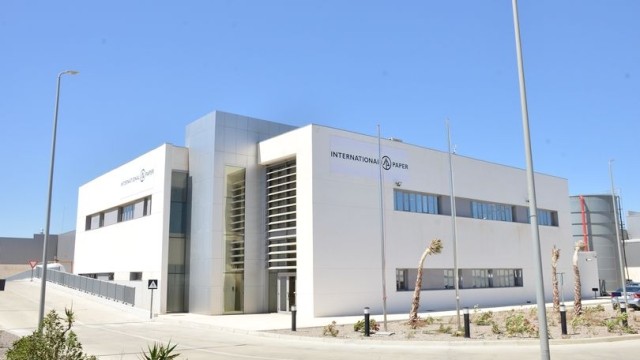How we measure success:
We are committed to sustainability across our value chain.
Climate change is impacting people and ecosystems globally. International Paper is committed to minimizing the impact that our manufacturing processes have on our planet by decreasing greenhouse gas emissions and water risk specific to the watersheds of our facilities.
Our Sustainable Operations approach addresses some of our most pressing environmental impacts and reflects our commitment to improving our footprint across our businesses, operations and value chain.
Strategic collaborations and initiatives
We recognize the importance of strategic collaboration to make meaningful progress across our value chain.
-
CDP
We report annually to customers, shareholders and the general public through CDP questionnaires on climate, forests and water, and we participate in the CDP supply chain program within our supply network.
-
S&P Global’s Climanomics
A scenario-modeling tool developed by a team of climate scientists, economists, data and financial specialists, help IP generate a climate risk scenario analysis report to better understand our specific climate risks and opportunities under a variety of climate scenarios.
-
Science Based Targets Initiative (SBTi)
The Science Based Targets initiative (SBTi) helps companies establish science-based targets to reduce greenhouse gas (GHG) emissions and transform business operations to fit the future low-carbon economy. Targets adopted by companies to reduce GHG emissions are considered to be "science based" if they are in line with what the latest climate science says is necessary to limit global warming to well below 2°C above pre-industrial levels, and pursue efforts to limit warming to 1.5°C. International Paper’s 35% greenhouse gas (GHG) emissions reduction target across scopes 1, 2 and 3 has been approved by SBTi as consistent with levels required to meet the goals of the Paris Agreement.
-
World Resources Institute (WRI) Aqueduct Alliance
The Aqueduct Alliance brings together leading companies, governments and foundations to gain strategic guidance and industry insight from WRI's Aqueduct Water Risk Atlas team and water stewardship activities. The Alliance serves as a space for members to engage WRI and to stay at the forefront of thought leadership in water stewardship.


